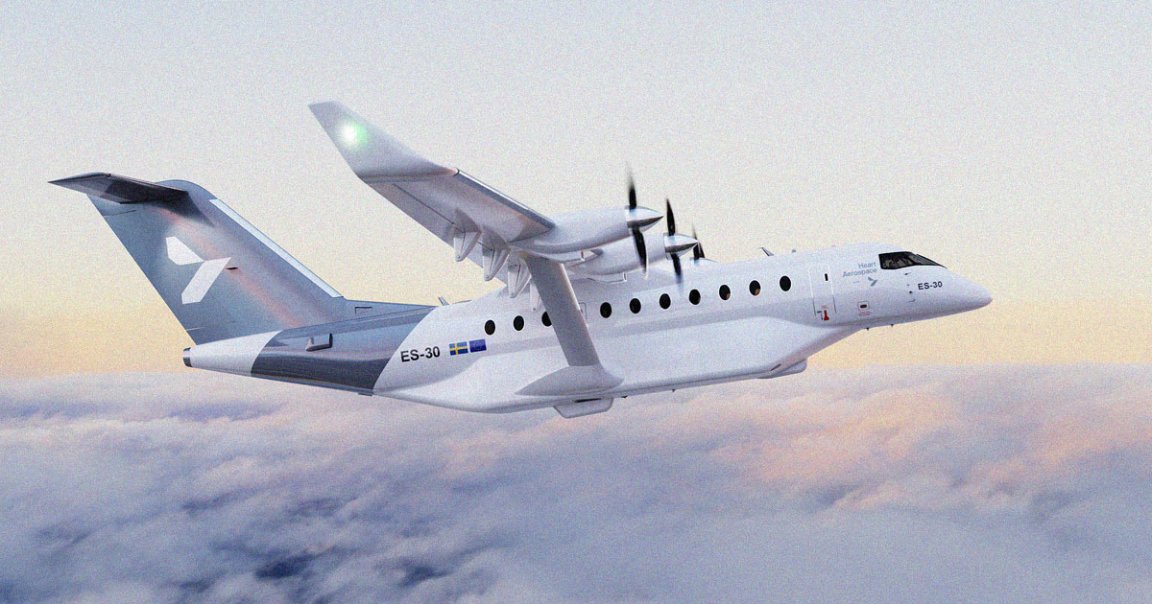
Getting Airborne
United Airlines, one of the largest airlines in the world, has shared preliminary plans to get an electric fleet of planes airborne at CNBC‘s ESG Impact Virtual Conference on Thursday.
The aviation giant is optimistic about the endeavor and is projecting it could have electric powered commercial flights by the tail end of this decade, potentially laying the groundwork for a much more environmentally friendly future for air travel.
“Initially we want to fly on routes that are 200 miles or less,” Mike Leskinen, president of United Airlines Ventures, told CNBC during the video conference. “But as that energy density increases, that same aircraft will have a range of 250 miles, 300 miles, which is going to give us a lot more utility here connecting our hubs.”
In other words, the battery-powered planes will get a chance to prove themselves in regional, short-haul flights, according to Leskinen.
Electric Partnership
United set their plans in motion last year, purchasing 100 battery-powered planes that can seat 19 passengers from the Swedish startup Heart Aerospace.
Its founder Anders Forslund, who also attended the conference, said that the planes will be able to recharge in “under half an hour,” which is about on par with industry standards.
The airplane won’t be taking off any time soon, however, as it still requires certification, but Forslund predicts they’ll get approval by 2028.
The Green Game
For the long-haul flights, United has already announced plans to use sustainable fuel in its efforts to be carbon neutral by 2050.
In December in 2021, the airline became the first in the world to complete a passenger flight using 100 percent sustainable aviation fuel. It was an impressive stunt, but critics were skeptical about the feasibility of scaling up the technology.
United have invested in electric air taxis as well, ordering 200 vertical take-off and landing capable craft from Eve Air Mobility last month.
It’s clear that the airline is willing to throw money at the sustainability problem in order to be ostensibly green, along with other heavyweights in the space like JetBlue and Virgin.
If the industry’s efforts pan out, it could be a game changer. But approaching carbon neutral status will be a difficult challenge to surmount.
More on airplanes: JetBlue, Virgin Strike Deal to Buy Jet Fuel Made From Recaptured CO2